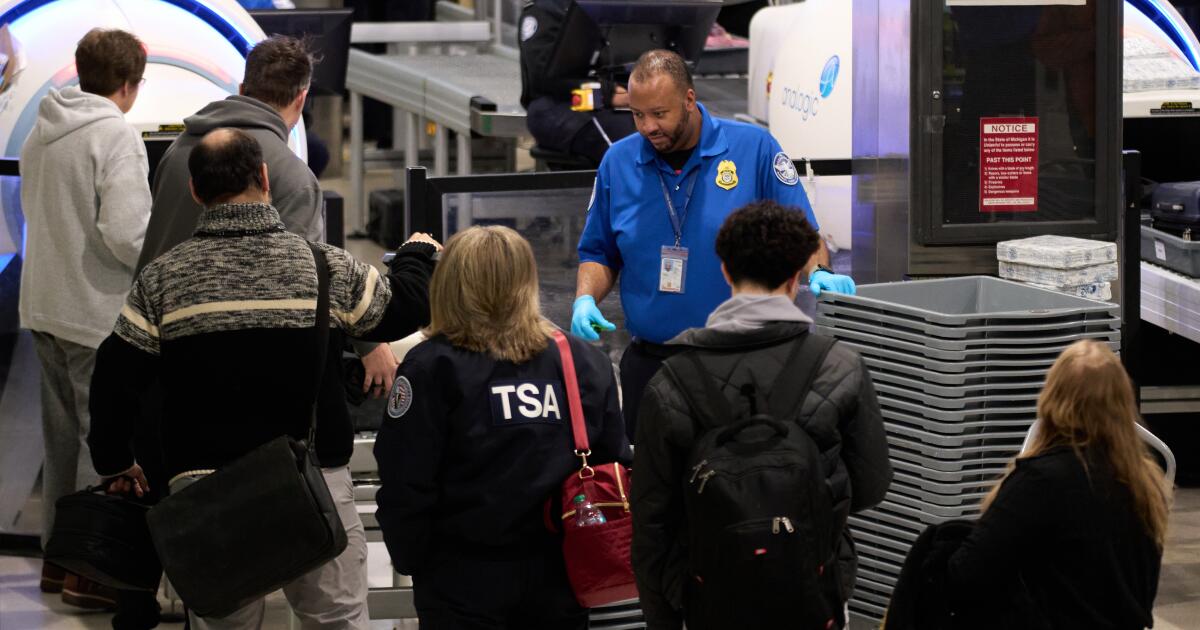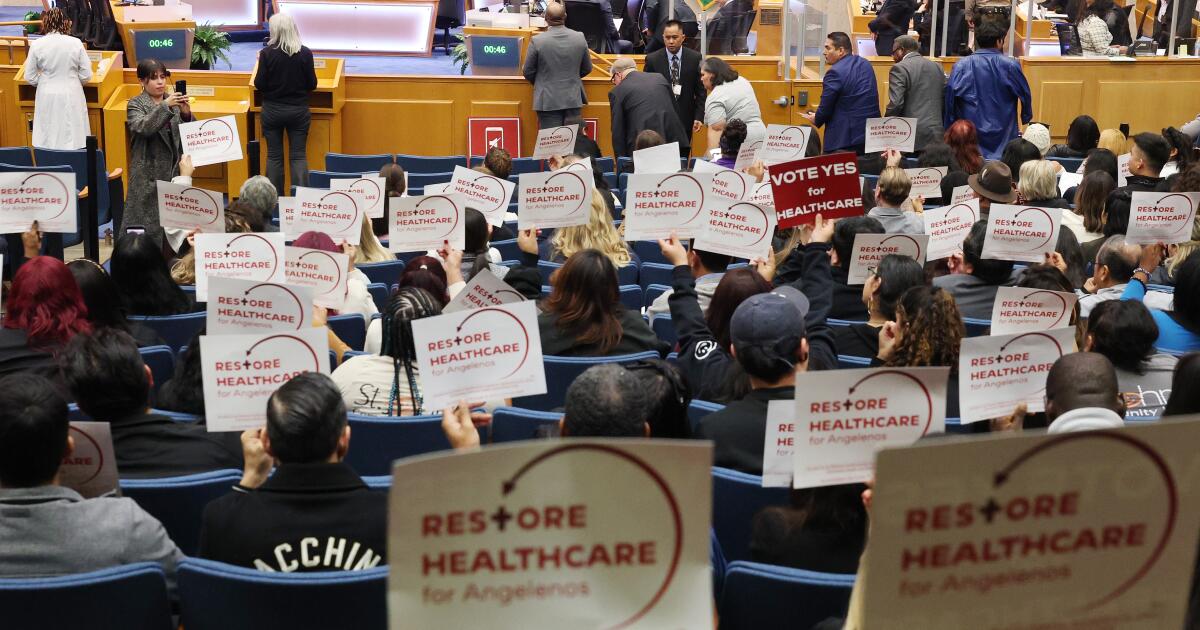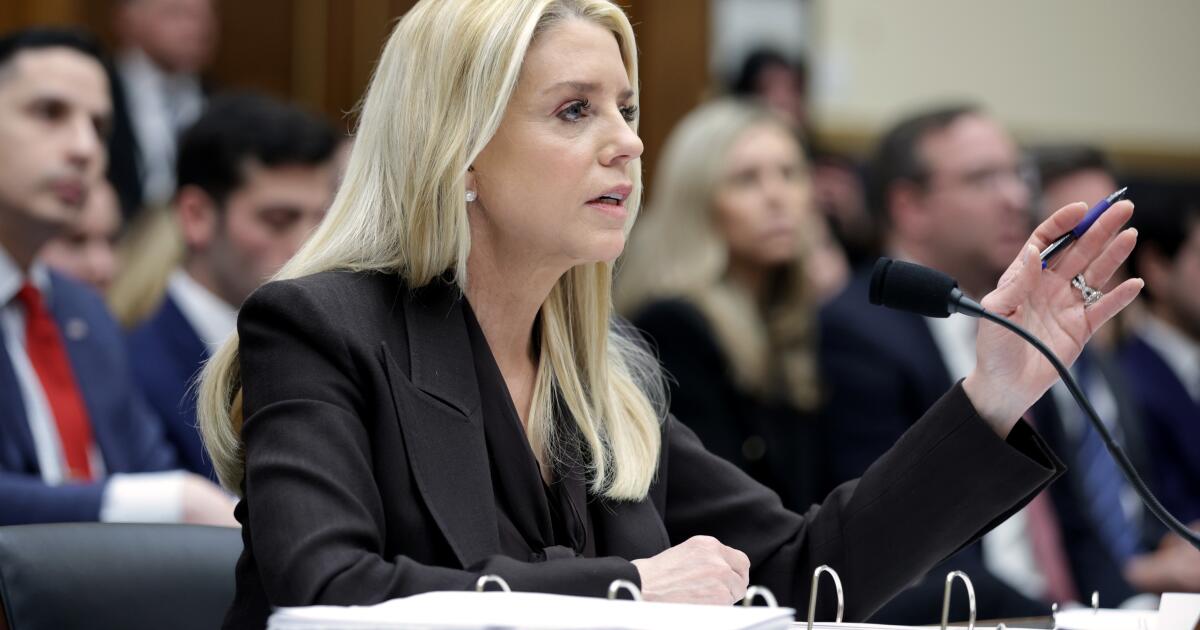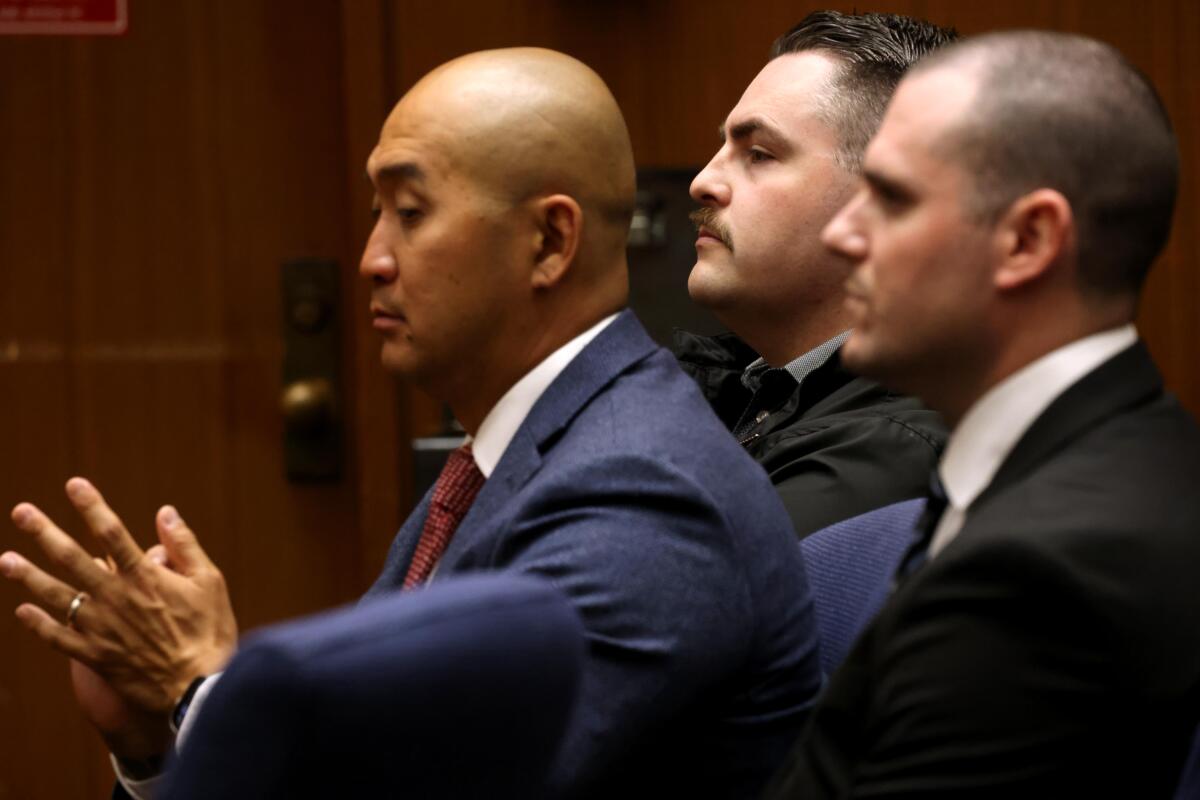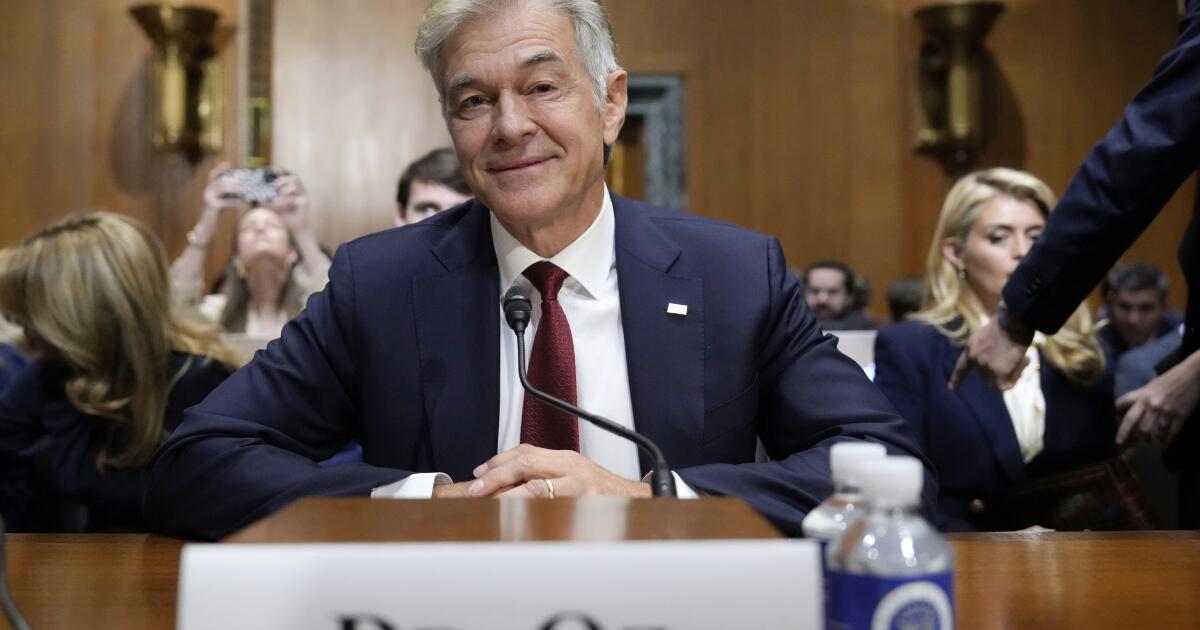Who pays for Newsom’s travel? Hint: It’s not always taxpayers
SACRAMENTO — Gov. Gavin Newsom sat onstage at the Munich Security Conference in Germany on Friday and described one of the primary ways he is responding as the Trump administration shifts federal climate priorities.
“I’m showing up,” he said.
In recent months, that has meant trips to Brazil, Switzerland and now Germany, where he has repeatedly positioned California as a global climate partner. The travel has also revived a recurring question from critics and watchdog groups: Who pays for those trips?
In many cases, the costs are not borne by taxpayers. The governor’s office said his international travel is paid for by the California State Protocol Foundation, a nonprofit that is funded primarily by corporate donations and run by a board Newsom appoints.
For decades, California governors have relied on nonprofits to pick up the tab for official travel, diplomatic events and other costs that would otherwise be paid with taxpayer funds.
“The Foundation’s mission is to lessen the burden on California taxpayers by reimbursing appropriate expenses associated with advancing the state’s economic and diplomatic interests,” said Jason Elliott, a former high-ranking advisor to Newsom, who the governor added to the foundation’s board.
While the arrangement helps the state’s pocketbook, critics say it is another avenue for corporate interests to gain influence.
“The problem with the protocol foundation and others like it is that donors to these foundations receive access to the politicians whose travel they fund,” said Carmen Balber, executive director of the advocacy group Consumer Watchdog.
When did nonprofits start paying for gubernatorial travel?
The protocol foundation was created as a tax-exempt charity during Republican Gov. Arnold Schwarzenegger’s administration in 2004.
Similar nonprofits have existed since Gov. George Deukmejian created one in the 1980s. In the early 2000s, Gov. Gray Davis dramatically increased the use of nonprofits to cover travel, housing and political events.
When Schwarzenegger left office, his supporters turned the protocol foundation over to Democratic Gov. Jerry Brown’s backers, who in turn handed it over to Newsom’s camp. The foundation describes its mission in federal tax filings as “relieving the State of California of its obligations to fund certain expenditures of the Governor’s Office.”
Newsom appoints members to the foundation board, which then is responsible for determining what expenses to cover in the governor’s office. In its most recent tax filing covering 2024, the foundation lists its board chair as Steve Kawa, who served as Newsom’s chief of staff when he was mayor of San Francisco. The foundation’s secretary in those filings is Jim DeBoo, who was Newsom’s chief of staff in the governor’s office until 2022.
The foundation reported total revenue of $1.3 million in 2024 and, after expenses, had a balance of less than $8,000.
What is the foundation paying for?
Publicly available records are vague, but annual financial disclosure forms show the foundation paid more than $13,000 for the governor’s 2024 trip to Italy, where he delivered a speech on climate change at the Vatican.
That same year, the foundation paid nearly $4,000 for his trip to Mexico City to attend the inauguration of Mexico’s first female president, Claudia Sheinbaum. The cost of both trips included flights, hotel and meals for his “official travel,” according to the disclosure records, which are filed with the Fair Political Practices Commission and known as Form 700s.
Newsom has reported receiving $72,000 in travel, staff picnics and holiday events from the protocol foundation since he took office in 2019, according to the disclosures.
The foundation paid $15,200 for the governor’s 2023 trip to China, where he visited five cities in seven days during an agenda packed with meetings, sightseeing and celebrations, including a private tour of the Forbidden City.
In 2020, the foundation paid $8,800 for Newsom to travel to Miami for Super Bowl LIV — where he said he was representing the state as the San Francisco 49ers faced the Kansas City Chiefs.
The governor’s office said it did not yet have the amount picked up by the foundation for Newsom’s travel to Brazil to attend the United Nations climate summit known as COP30 or to Switzerland for the World Economic Summit.
Who are the donors behind the foundation?
In some cases, the well-heeled funders behind the foundation’s cash flow are easy to identify on state websites.
Donations to the foundation that are solicited directly or indirectly by Newsom are recorded with the Fair Political Practices Commission as behested payments. A behested payment occurs when an elected official solicits or suggests that a person or organization give to another person or organization for a legislative, governmental or charitable purpose.
The William and Flora Hewlett Foundation donated $300,000 in a 2023 behested payment earmarked for the California delegation traveling to China for the meetings on climate change. UC Berkeley gave $220,000 for the governor’s office’s trip to the Vatican in 2024.
Most donations simply indicate that they are directed for “general operating support” of the foundation. That includes two donations from the Amazon-owned autonomous vehicle company Zoox Inc. cumulatively worth $80,000.
Two charities set up to pay for Newsom’s inaugurations in 2019 and 2023 moved more than $5 million to the protocol foundation since 2019. The financial backers behind those inaugural charities include powerful unions, corporations, tribal casino interests, trade associations and healthcare giants — organizations with significant financial stakes in state policy decisions.
Past spending by the foundation has been criticized
During Schwarzenegger’s administration, his office avoided fully disclosing $1.7 million in travel costs paid for by the foundation, instead relying on vague internal memos and, in some cases, oral accounting, according to a 2007 Los Angeles Times investigation.
Schwarzenegger’s expenses picked up by the foundation included leased Gulfstream jets costing up to $10,000 per hour and suites going for thousands of dollars a night. The Times’ investigation found among the costs was $353,000 for a single round trip to China on a private jet in 2005.
The foundation also paid for Schwarzenegger’s travels to Japan, Europe, Canada and Mexico.
At the time, Schwarzenegger’s representatives told The Times the governor did not have to report the travel costs on his annual disclosure forms because the payments for the jets and suites were gifts to his office, not to him.
Newsom’s office said the governor travels commercially, not on private jets.

